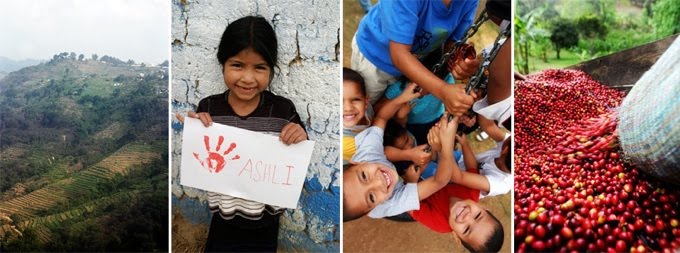I have spent years facing this problem and I can tell you from experience that there are a number of options that people use that are not ideal. The coffee that is used is often poorly made, poorly stored, and poorly obtained.
Cheap coffee reflects a cheap organization. It communicates to those who attend your events that they are not worth the time or the money to offer quality hospitality and can also communicate a lack of ethics since most people now know that the cheapest coffee is often purchased at the expense of poor farmers and laborers.
The amazing thing about coffee is that it doesn't cost very much to improve. Unlike other products you can get some of the best coffees in the world without a huge investment. Taking your coffee from terrible to GREAT doesn't require a lot of money, just a little thought and care.
One of the first things to do, if you want great coffee, is to STOP doing some things that are BAD for your coffee. The following is a simple list of things NOT to do.
- DON'T use a system the heats the coffee
There are a lot of systems that keep coffee hot by continually heating the coffee. The longer the coffee is exposed to heat the more the flavors that make your coffee great will be turned into bitter flavors of scorched oils. Avoid percolators or keeping your coffee on a burner. INSTEAD either serve your coffee as soon as it's done brewing OR store it in a preheated themas or air pot. - DON'T buy your coffee in bulkCoffee doesn't stay fresh for very long. If you go out and buy your coffee once a month, EVEN if it were roasted the day you buy it, your coffee will be stale by the end of the month. That doesn't even take into account the fact that most coffee that you can buy in the grocery store are stale before they even make it on the shelf. INSTEAD buy your coffee the morning of your event from a local roaster and only buy as much as you need for the day.
- DON'T use pre-ground coffeeCoffee starts to oxidize much faster when it's ground. It only lasts a few hours once it's ground. Ideally you should have a quality burr grinder that you can use before you grind every cup or pot. However this is expensive. A cheap way you can get around this is to have the roaster of coffee shop you work with grind the coffee for you right before the event. Having an employee of volunteer pick up the coffee and have it ground on their way to the event is a great way to assure you have fresh ground coffee without spending a bundle.
- DON'T buy coffee just because it's cheapCheap coffee often reflects loose ethics. The coffee you buy is a moral decision. I am amazed at how many groups I have gone to that talk a lot about social justice but serve coffee that reflects a disregard for ethical buying practices. Do your research, it doesn't cost anything to get informed. Your coffee should be:
- Bought at a fair wage
- Environmentally responsible
- Concerned with the workers who do most of the leg work
- Sustainable


No comments:
Post a Comment